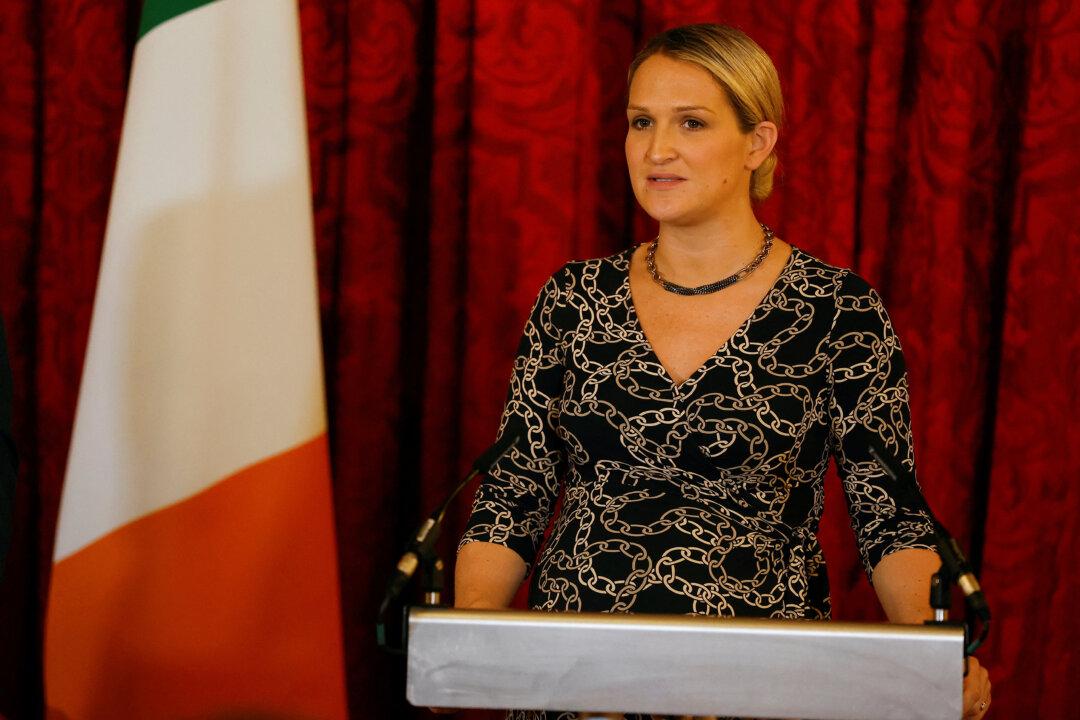A watered-down version of a hate crime bill has passed in Ireland, scaling back on some of the more contentious provisions around hate speech after backlash from campaigners.
The bill was passed on the evening of Oct. 23, a month after Justice Minister Helen McEntee said she would not introduce hate speech provisions but would proceed with the hate crime element of the legislation.




